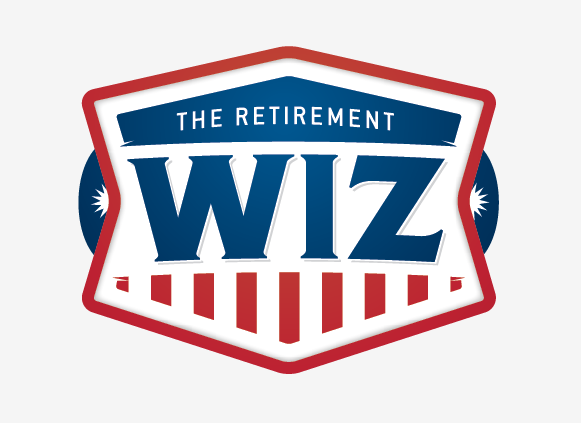RC 457(b) Deferred Compensation Plans
Plans of deferred compensation described in IRC section 457 are available for certain state and local governments and non-governmental entities tax exempt under IRC Section 501. They can be either eligible plans under IRC 457(b) or ineligible plans under IRC 457(f). Plans eligible under 457(b) allow employees of sponsoring organizations to defer income taxation on retirement savings into future years. Ineligible plans may trigger different tax treatment under IRC 457(f).
Who can establish a 457(b) plan?
The organization must be a state or local government or a tax-exempt organization under IRC 501(c).
How do 457(b) plans work?
Employers or employees through salary reductions contribute up to the IRC 402(g) limit ($18,500 in 2018; $18,000 in 2015 - 2017) on behalf of participants under the plan.
A 457(b) plan’s annual contributions and other additions (excluding earnings) to a participant’s account cannot exceed the lesser of:
See 457(b) plan contribution limits.
Yes, a governmental 457(b) plan may be amended to allow designated Roth contributions and in-plan rollovers to designated Roth accounts.
This information is not intended to be tax or legal advice, and it may not be relied on for the purpose of avoiding any federal tax penalties. You are encouraged to seek tax or legal advice from an independent professional advisor.


